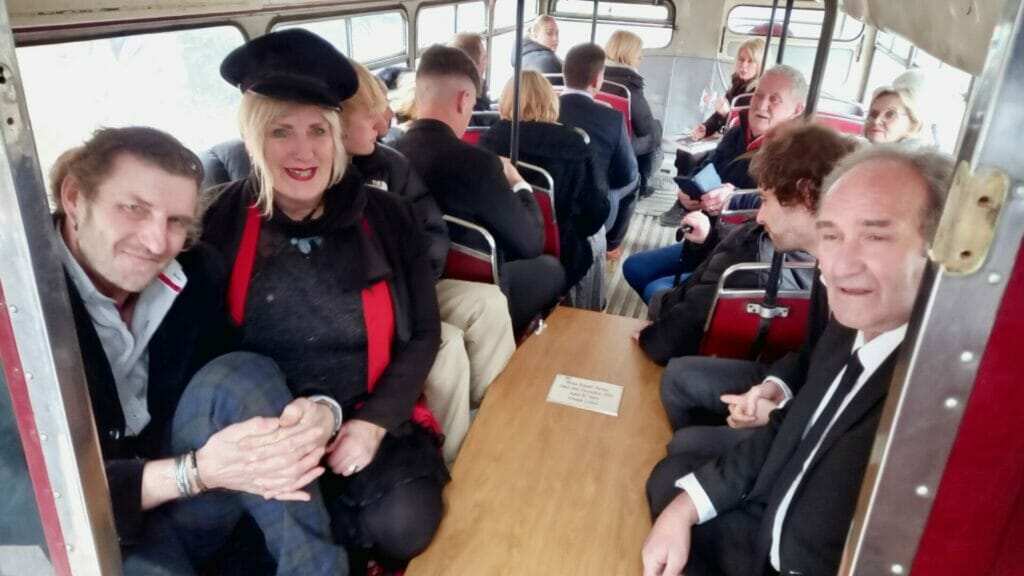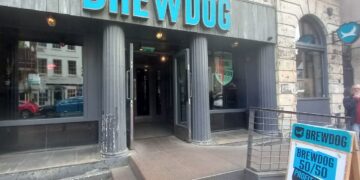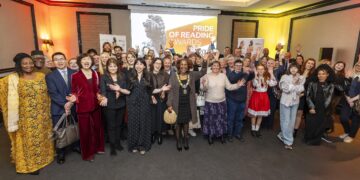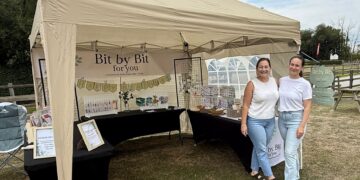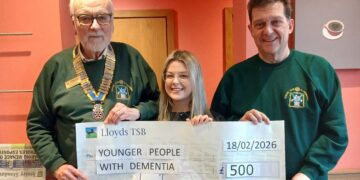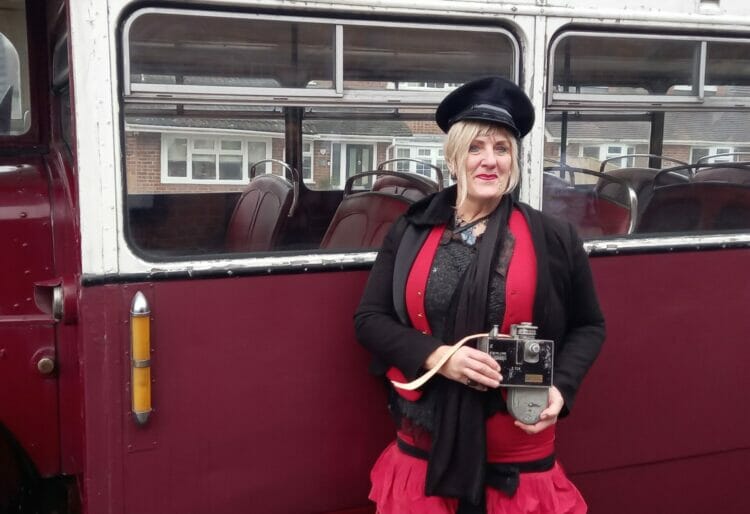A READING resident has turned the expectations of funeral etiquette on their head with a personalised farewell, including a final bus ride on a bit of history for the deceased.
When her father Brian died, Teresa Verney-Brookes found herself in uncharted territory as she faced the prospect of funeral preparations.
She decided that she wanted the send off to be personal, reflecting the life that would honour.
“He was an East London boy, evacuated at the start of World War Two and he ended up in Bucklebury.
“My nan adopted him and then bought a house in Liverpool Road, Reading– it was close so dad could go into London to still see his family, and he still kept in touch with them.”
Following his move to Reading, Brian Verney would spend the rest of his life here, contributing to a number the town’s most notable institutions.
“He worked with the Courage & Co brewers, Mainline Buses, and Reading Transport, and he was a real trade union man.
“He’d also hang around the pubs of Reading, and he knew an awful lot of people, especially of his generation.
“All through the funeral, all I heard is that he was a character, with a wicked sense of humour, but because of his politics, he also had a sense of social justice – he was embedded in that generation.”
Ms Verney-Brookes says that his sense of community was something she wanted to foster in his farewell: “But my overwhelming desire was to make it joyous.
“My dad was always a bit of a maverick, and I’m keen on pushing the boundaries, so I felt that it was our opportunity to show that you can do something different.”
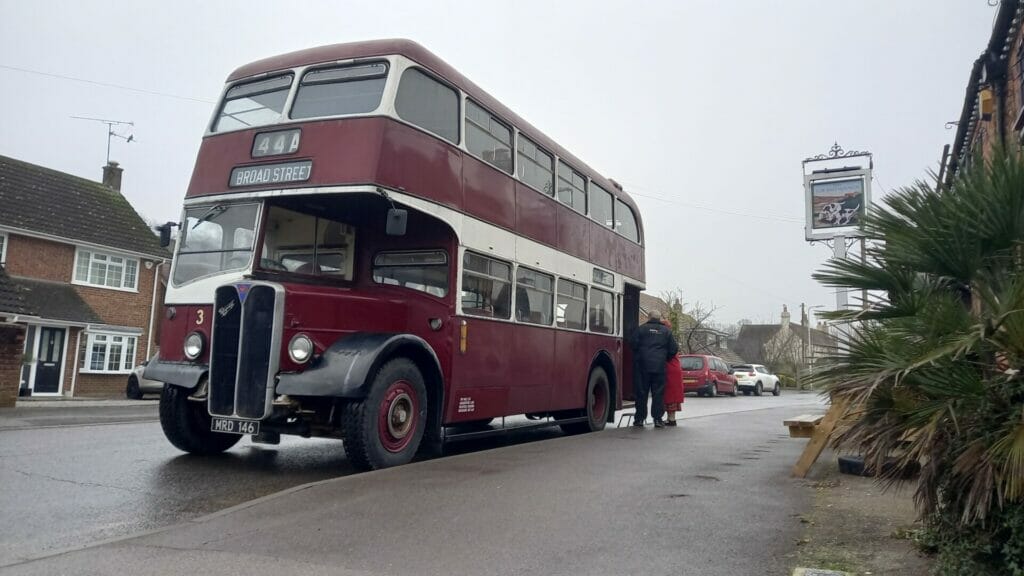
Friends and family were invited to meet at the Fox and Hounds, Tilehurst, an oft-frequented favourite of Brian’s, on Wednesday, January 25.
They were soon joined there by the hearse carrying Brian’s coffin, which was then carried by attendees onto a vintage Reading Bus.
Those wishing to joined the coffin on the bus, including members of his family, with a selection of music accompanying them as they travelled to the funeral itself.
Ms Verney-Brookes said: “Suddenly we were faced with the reality, and we were able to speak to my dad about what he wanted.
“He wanted everyone to come along and have a nice time, to pop some money behind the bar and that everyone could have a drink on him.
“It was all about making it different, especially for those of a certain generation.”
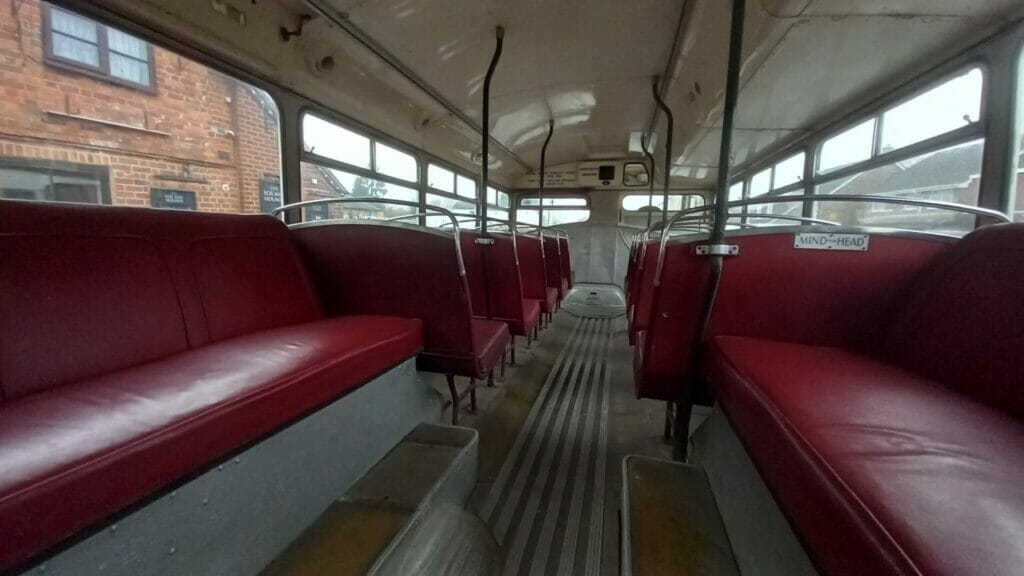
Ms Verney-Brookes wanted to relax what people felt were pre-determined rules and to say farewell in a way which felt comfortable.
“What we found was that what people class as respect comes through tradition or dictat, really– so we said no dress code.
“But there was a lot of laughter, which we were unsure whether people would feel that was respectful; but afterward, so many people said they’d never been to a service like it before.
“I understand that in the moment of grief that the easiest thing is to go with a well-known director and with the very well-defined rules that are laid out.”
She said that it’s important for people to know they have options: “The amount of choice we had, it felt like it could be bespoke, and it couldn’t have suited better.”
“With the chapel, we chose everything; down to things like being able to stay with him after the point of death.
“I stayed and watched them dress him, and some people are quite disgusted by the idea, and some have thought it was incredible– there doesn’t seem to be any in-between.”
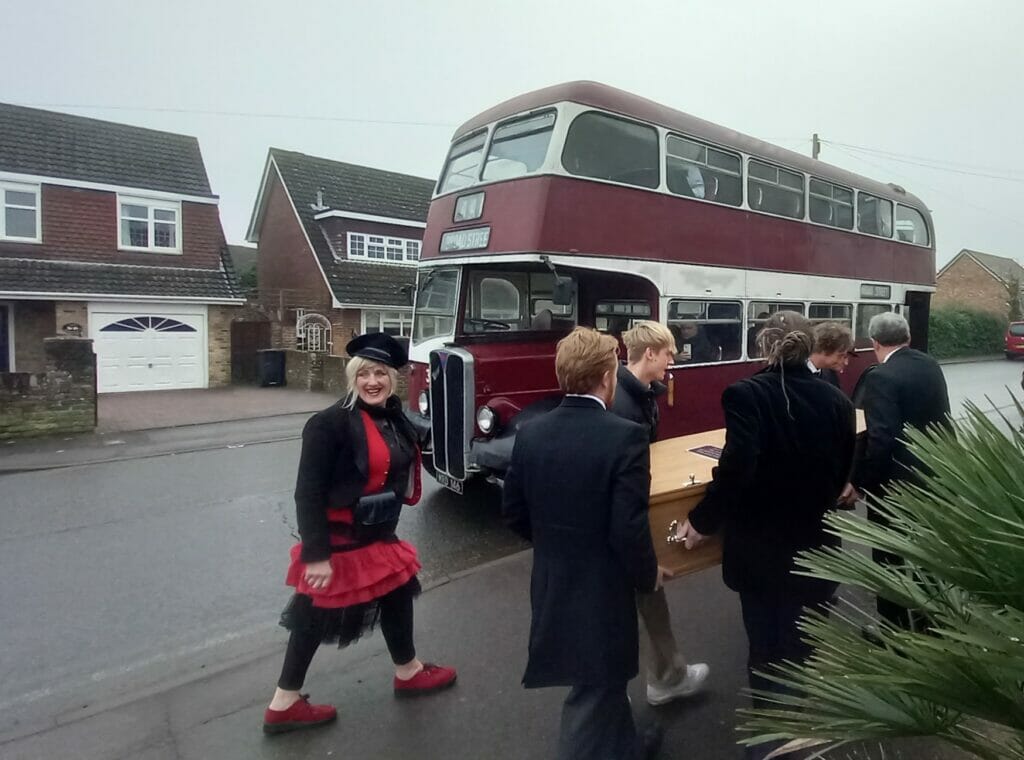
She says that she was able to see that he had been dressed in his all-important Arsenal shirt: “It felt like a privilege to be able to do that.
“There’s such mystery around it, but I knew how lovely my dad looked inside there and how peaceful he was.”
Ms Verney-Brookes is a member of the Friends of Reading Old Cemetery, through which she helps to preserve the natural features of the cemetery as well as promoting its history and significance.
Her work with the cemetery also gives her an insight into how people reacted to death historically.
“It’s become more medicalised and seems to happen almost completely behind closed doors, but back in the Victorian era, people were surrounded by it.
“I think there’s a fear, as a society, and we often don’t have the language to speak about that.
“We were in the fortunate position to be able to challenge that, talk about it, and plan it.”
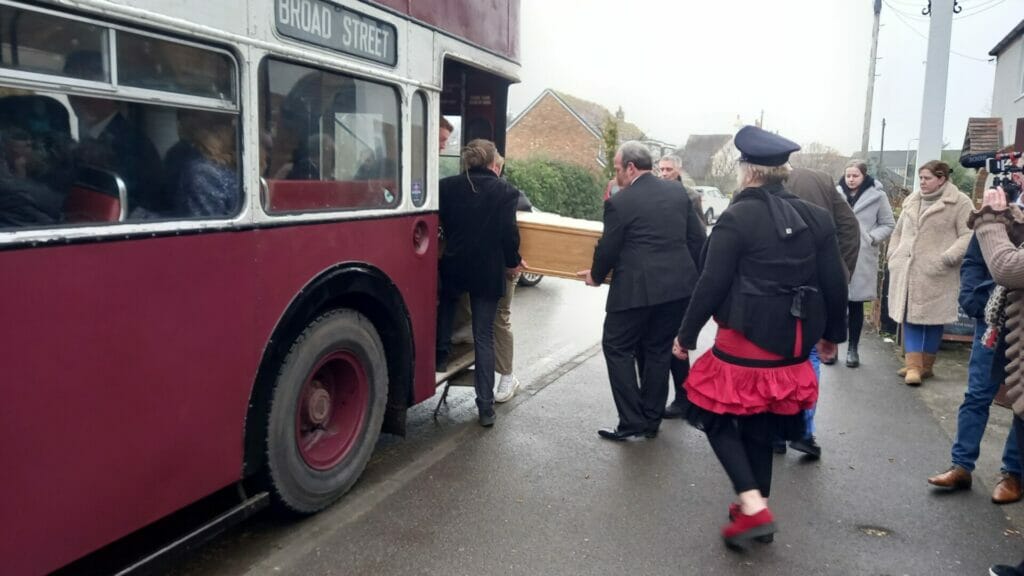
Ms Verney-Brookes consulted with an enbalmer, Sammi Davenport, who helped to show her that her options were open with regards to her father.
“People get asked if they want to view the body and whether they want to bring the person’s own clothes for the funeral, and that’s it.
“It’s like your loved one is taken into the care of another and then they don’t belong to you anymore.
“And they don’t know that they can do what Teresa did, which was helping to dress him.”
Ms Davenport says that presenting the body is something that people are surprised they have a choice in.
“You can do your mum’s make-up, or style your nan’s hair the way she liked, I’ve done all of those things.
“I suggest these things, but people are surprised; they don’t know they have these options, but you have that time and that opportunity.
“And when they take it, people really get a feeling of peace from it.”
With 25 years in the industry, Ms Davenport now works freelance and said: “I’ve been fighting for this kind of choice for a long time.
“It all starts with a meeting around the kitchen table– they ask a few questions about what they want for their loved one.
“And Teresa was a great example; it was bespoke.”
Her message for those who are facing bereavement or funeral arrangements for a loved one, she said, was: “Don’t be afraid to ask.
“It’s about putting in those things that make you smile, that help you learn about that person, and those personal touches.”
